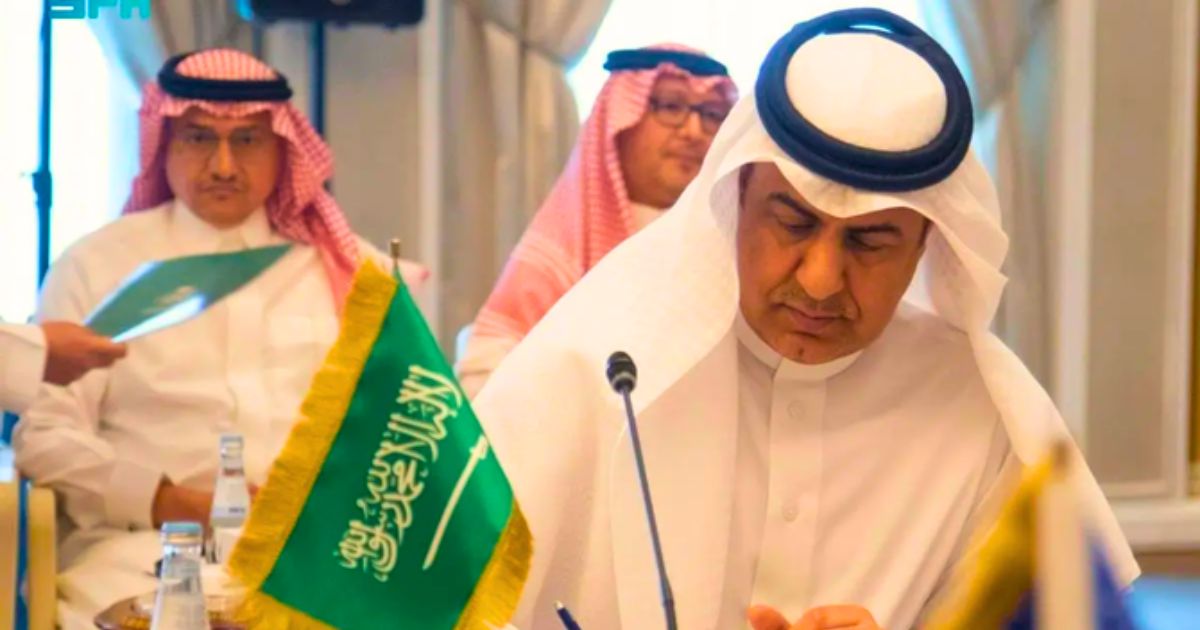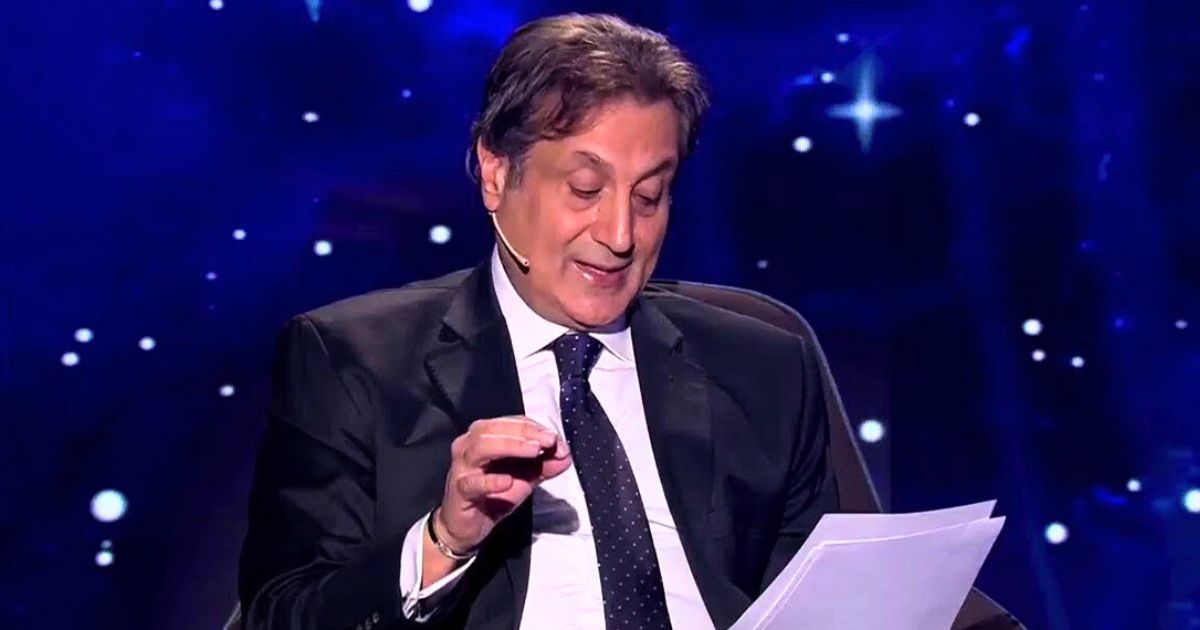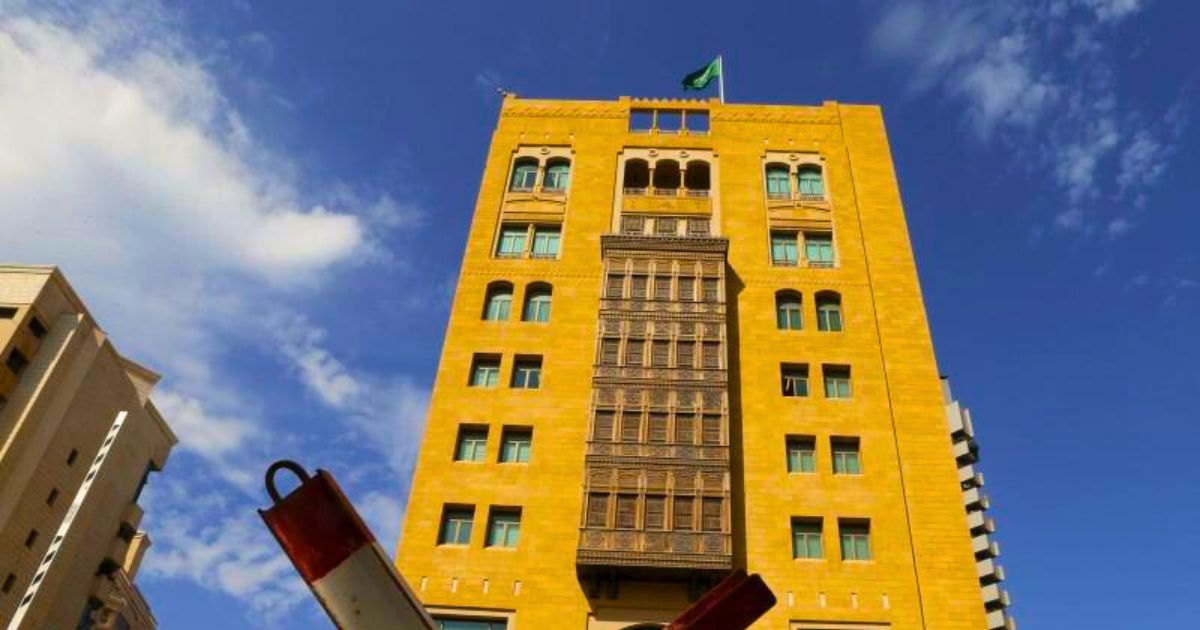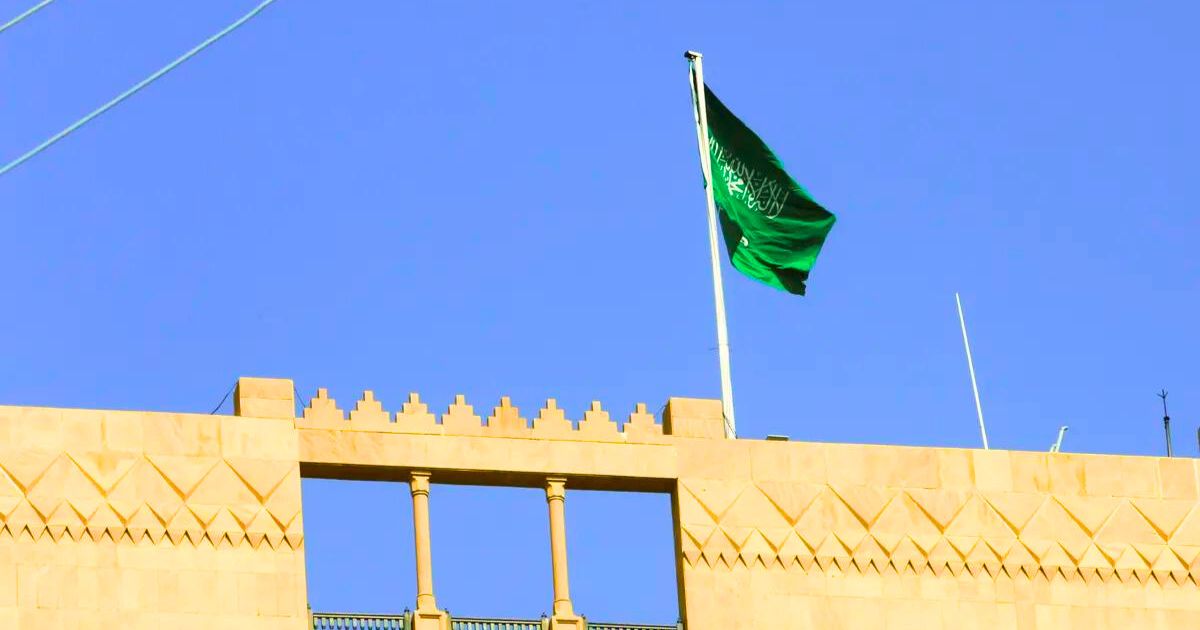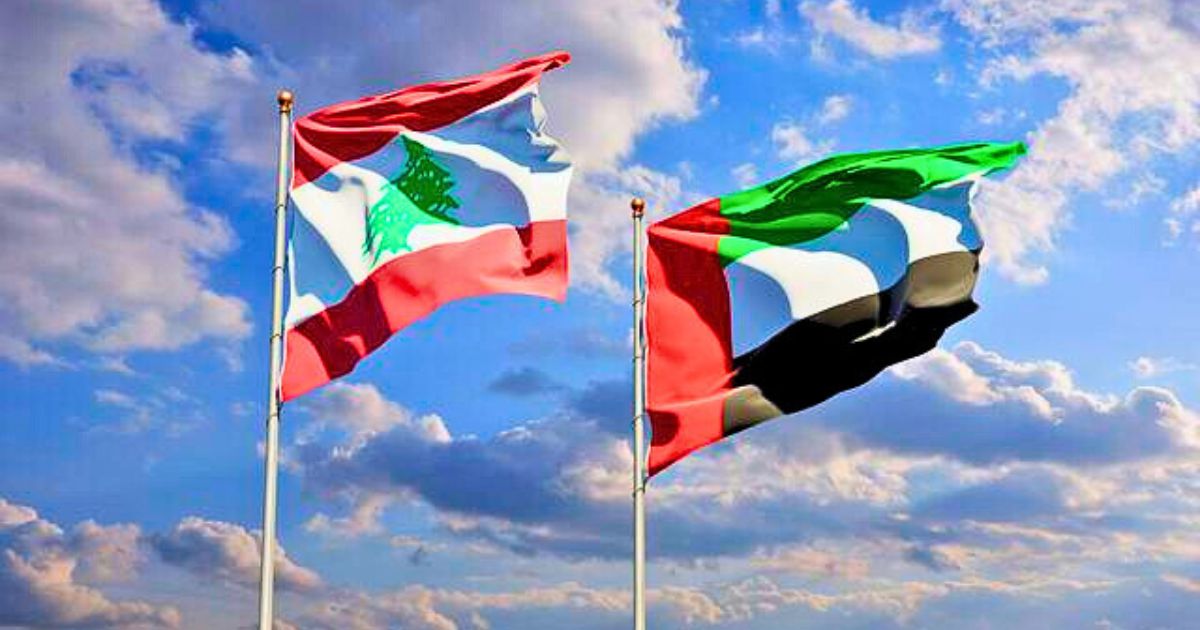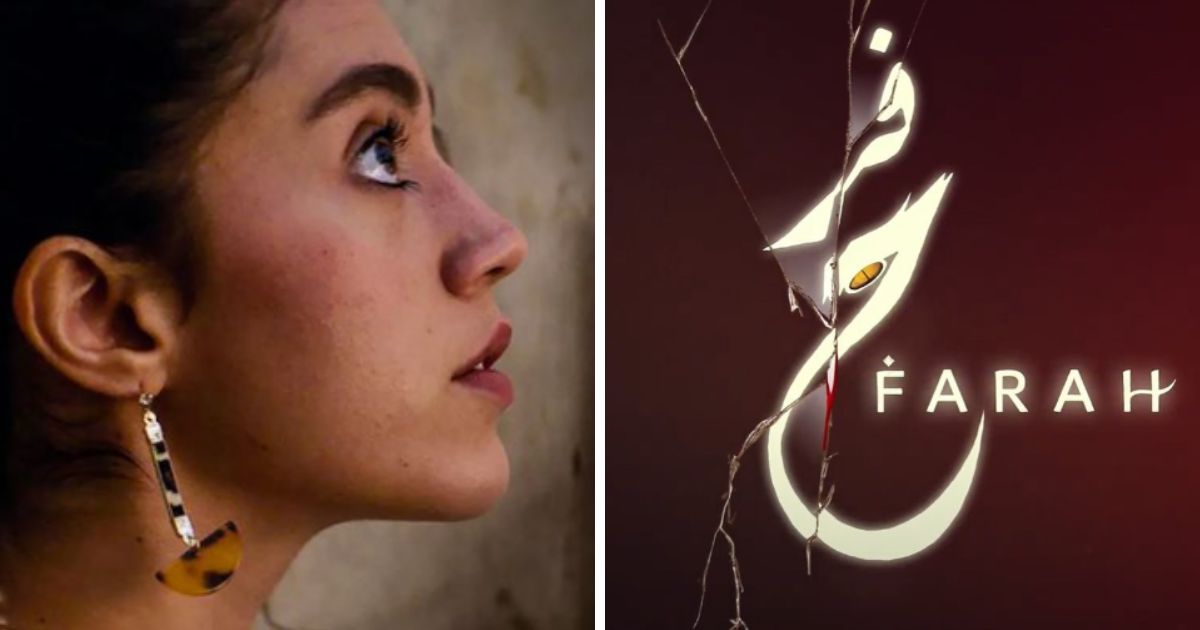Saudi Arabia‘s Foreign Minister, Faisal bin Farhan Al Saud, told CNBC on Sunday that Riyadh doesn’t see any interest in having relations with Lebanon.
“We have decided that engagement at this point is not productive or useful. It’s not really in our interest,” Prince Faisal declared.
This interview took place amidst a diplomatic crisis between Lebanon and Saudi Arabia, where Riyadh expelled Lebanon’s ambassador from the Kingdom, recalled its ambassador, and stopped all imports from Lebanon.
This Lebanon-Gulf crisis was triggered by statements the Lebanese Information Minister, George Kordahi, had said months earlier in an interview with Al-Jazeera regarding the war in Yemen, calling it futile and that the Houthis were defending themselves.
Lebanon’s relations with some countries of the Arab Gulf had been already tense for a while. Kordahi’s statements have only catapulted the tension into a diplomatic crisis with severe reactions.
Alike Saudi Arabia, Kuwait, Bahrain, and UAE took similar boycott measures towards Lebanon.
The Lebanese government tried to soothe the diplomatic crisis by declaring that Kordahi’s comments were just his personal opinion and were not reflective of Lebanon’s opinion.
The Saudi Foreign Minister emphasized during that interview that their decision is not only a result of Kordahi’s statement but that “it is broader than just the comments of one minister. It is an indication of the state of Lebanon is in.”
He blamed “Hezbollah’s continuing dominance of the political scene, a terrorist group that arms, supplies, and trains Houthi militia”, making the relations with Lebanon counterproductive.
The Lebanese exports to Saudi Arabia are a big part of the economy of Lebanon, reaching $219.06 million in 2020, according to the United Nations COMTRADE database; the 3rd highest after UAE and Switzerland.



